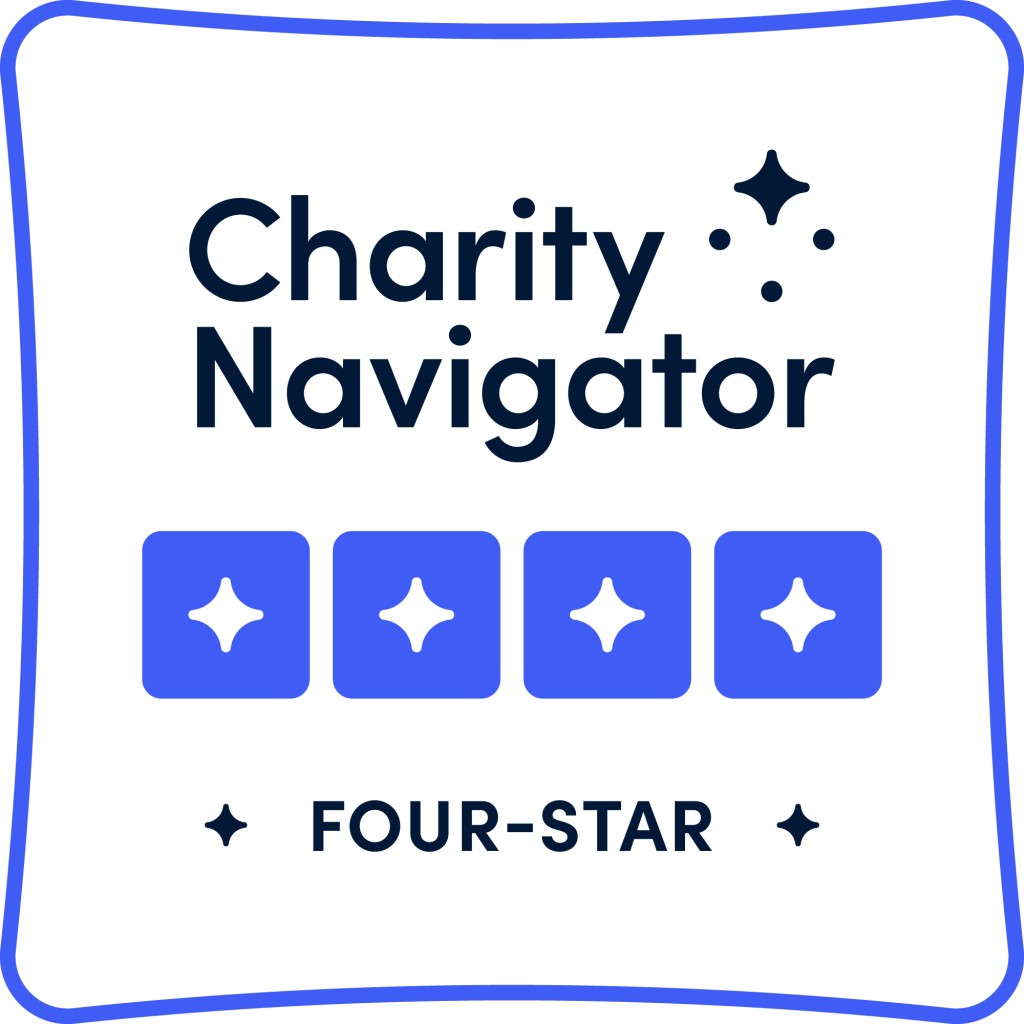The National Ovarian Cancer Coalition funded two Young Investigator Research Grants in partnership with the Foundation for Women’s Cancer. The Young Investigator Award provides crucial support to researchers in the early stages of their careers, often when they have limited funding opportunities and resources. By offering these awards, we aim to help move the needle in gynecologic cancer research.
The awards were granted to young investigators who focused on areas of research that align closely with NOCC’s mission: to save lives through the prevention and cure of ovarian cancer and to improve the quality of life for survivors and their caregivers.
Dr. Alexa Kanbergs was awarded the NOCC Research Grant for Early Detection of Ovarian Cancer, and Dr. Elizabeth Thayer was awarded the NOCC Research Grant for Quality of Life.
We asked our two awardees to discuss their current work and the impact they hope to make on the ovarian cancer community.
In your own words, why is funding for Young Investigators so crucial?
Dr. Alexa Kanbergs (AK): Funding for Young Investigators is crucial because it supports early-career researchers who bring innovative ideas and new perspectives to their fields and may need more support to pursue their ideas.
Dr. Elizabeth Thayer (ET): Funding Young Investigators is crucial because it supports researchers as they start projects early in their careers, and lays the groundwork for their long-term involvement in research. Supporting these early projects can lead to very fruitful research that improves the care for patients with cancer. I am incredibly grateful to receive this grant early in my career and know that it will impact on my work for years to come.
What research are you working on, and what issue does it address?
Dr. Alexa Kanbergs (AK): My current research focuses on the question, how can we increase screening rates and the uptake of risk-reducing surgeries once an individual with a BRCA mutation has been identified? This question is relevant across all populations but is especially critical for medically underserved communities, as recent studies have demonstrated lower use of screening and risk-reducing interventions within these populations. We aim to implement group-based educational sessions for individuals with BRCA mutations. This approach offers several advantages, including increased provider contact time, expanded educational opportunities, the cultivation of social support networks among participants, and the establishment of social norms encouraging regular screening within this demographic.
Dr. Elizabeth Thayer (ET): I am studying neuropathy, the pain, numbness, and tingling in fingers and toes, a common side effect of some chemotherapy drugs. In particular, we are studying ways to prevent neuropathy caused by paclitaxel, a drug commonly used to treat ovarian cancer. Our trial will test whether cilostazol, an oral medication, can help prevent neuropathy when it is combined with ice and compression on the hands and feet during paclitaxel infusions.
What is your connection to ovarian cancer? Why ovarian cancer?
Dr. Alexa Kanbergs (AK): As a gynecologic oncology fellow, I care for patients with ovarian cancer. Unlike cervical cancer, which benefits from effective screening tests, and endometrial cancer, which is characterized by more recognizable symptoms, ovarian cancer poses a significant challenge in early detection, often manifesting at advanced stages. For those with hereditary cancer syndromes like those carrying a BRCA mutation, there are interventions available that can significantly decrease their chances of developing ovarian cancer. By identifying these high-risk patients and acting on genetic testing results, we can alter patient’s lives.
Dr. Elizabeth Thayer (ET): For me, caring for patients with ovarian cancer is particularly rewarding because of the strong relationships that develop between patients, their families, and their care team during frequent visits over the course of their treatment. Focusing my research on quality-of-life issues that affect patients with ovarian cancer is a natural extension of those relationships – it is one more way to help our patients through their cancer treatments.
What is the potential impact of your research on patients?
Dr. Alexa Kanbergs (AK): My research has the potential to empower patients with information, community support, and access to specialists to make educated decisions about their health care. Additionally, our objective is to develop an intervention that is both scalable and sustainable and one that can be easily implemented across the United States.
Dr. Elizabeth Thayer (ET): This research has the potential to impact many, many patients! Neuropathy caused by chemotherapy is common and can have a significant impact on a patient’s quality of life by making it harder to walk and do things like use utensils or button a shirt. We hope that by preventing neuropathy from developing at all, or by making it less severe, we can help patients avoid these side effects and maintain their quality of life while they receive cancer treatment.




